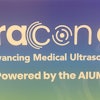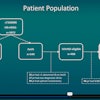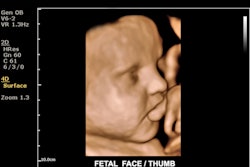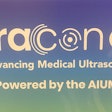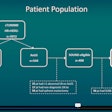Echocardiography screening for structural and valvular heart disease does not lead to reduced risk of death, myocardial infarction, or stroke, according to a long-term Norwegian study published online July 22 in JAMA Internal Medicine.
In a group of nearly 7,000 subjects, the researchers failed to detect significant differences in sudden death, mortality from heart disease, or incidence of fatal or nonfatal myocardial infarction and stroke among those who received echocardiography screening and those who did not.
Seeking to determine whether echocardiography screening in the general population improved long-term survival or reduced the risk of cardiovascular disease, the researchers studied 6,861 middle-aged participants in a randomized clinical trial, dividing them into a screening group (3,272) and control group (3,589). In the screening group, 290 (8.9%) received follow-up examinations due to abnormal findings; cardiac or valvular pathologic conditions were verified in 249 (7.6%) of those patients.
Over 15 years of follow-up, however, 26.9% of the screening group had died, compared with 27.6% of the control group. The difference was not statistically significant.
Diagnosing asymptomatic disease is only useful if it can lead to clinical action that slows or stops disease progression, wrote the team led by Dr. Haakon Lindekleiv, PhD, of the University of Tromsø.
"Although sclerosis of the aortic and mitral valves has been associated with a substantial increased risk of cardiovascular disease, we did not find that early diagnosis of valvular disease in the general population translated into reduced risk of death or cardiovascular events," the authors wrote. "This supports existing guidelines that echocardiography is not recommended for cardiovascular risk assessment in asymptomatic adults."


